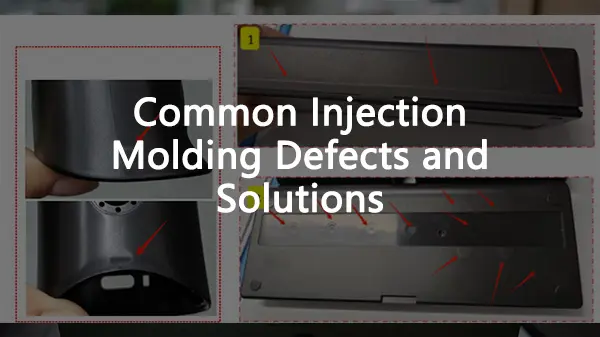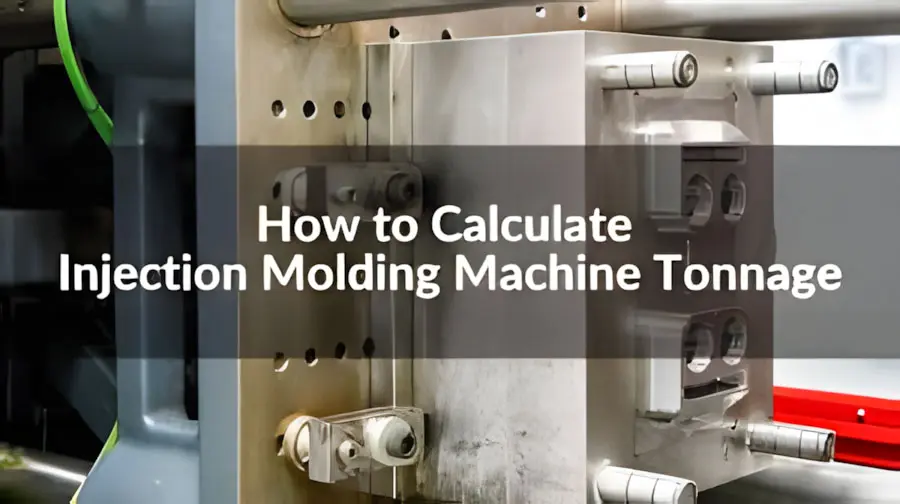The AS resin refers to an acrylonitrile-styrene copolymer. Generally containing 15%-50% styrene which makes AS resin hard, transparent, and easy to process, and acrylonitrile makes it have chemical stability and thermal stability. It has an excellent heat resistance and solvent resistance can be used as engineering plastics or oil-resistant machinery parts, instrument shells, instrument panels, battery boxes, tractor fuel tanks, battery shells, packaging containers, daily necessities, etc.
AS resin is a clear yellow or amber solid with a density of 1.06. It offers good thermoplastic, not affected by dilute acid, dilute alkali, dilute alcohol, and gasoline, but soluble in acetone, ethyl acetate, dichloroethylene, etc. AS resin has a strong load-bearing capacity, chemical reaction resistance, thermal deformation resistance, and geometric stability. Adding a glass fiber additive can increase its strength and thermal deformation resistance and reduce its thermal expansion coefficient. AS resin of the Vicat softening temperature is about 110 ℃, under load-deflection deformation temperature is about 100 ℃, shrinkage ratio of 0.3 to 0.7%.
AS resin processing temperature is commonly 200-250 ℃ advisable, its liquidity is than PS less, so the injection pressure is slightly higher. It is affected by damp, processing more than an hour before dry, recommendation 80 ℃ drying conditions under the environment of 2-4 hours.
- Melting temperature: 200-270 ℃. Thick wall products may be melted at temperatures below the lower limit.
- Mold temperature: 40-80 ℃. For enhanced material, mold temperature is not more than 60 ℃. The cooling system must be designed properly because the mold temperature will directly affect the appearance, shrinkage, and bending of the product.
- Injection pressure: 350-1300bar high-speed injection is recommended
- Runner and gate: suitable for conventional gates. The gate must be of a good size to avoid streaks, burnt spots, and gaps.
SAN (AS) has higher impact strength than polystyrene and excellent heat and chemical resistance, resistance to certain hydrocarbons that stress crack polystyrene. Its elastic modulus is higher an in existing thermoplastics, specific applications include: electric (socket, shell, etc.), household goods, kitchen equipment, refrigerator device, base on the TV, card box, etc.), automotive industry (headlights boxes, reflective, dashboard, etc.), household articles (tableware, food, tools, etc.), cosmetics packaging, etc. Widely used in the production of oil resistance, heat resistance, chemical resistance of industrial products, as well as the dashboard, instrument frame, housing, battery box, junction box, a variety of switches.





